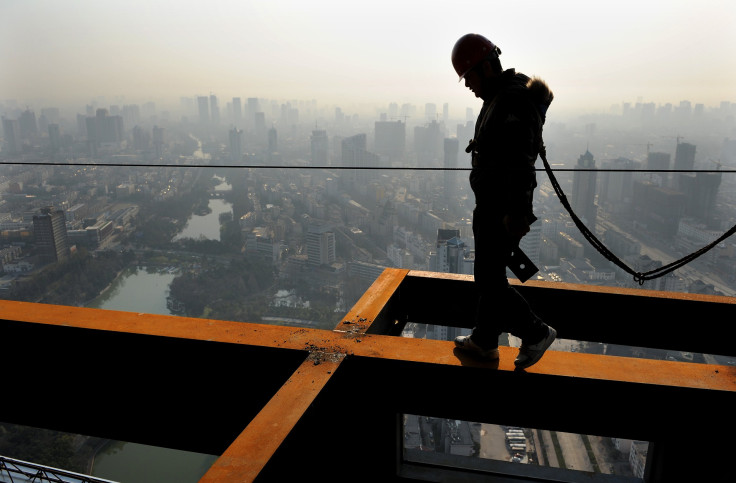China Stock Market: Can Reforms Prevent More Stock Chaos?

The recent chaos on China’s stock markets is still sending shock waves through trading floors across the world, and it's underscoring the need for the Chinese government to make good on its long-promised economic reform agenda. Market turbulence has made Chinese financial regulators something of a global laughingstock — the Los Angeles Times branded the country's markets “a clown show,” while the Wall Street Journal highlighted the views of analysts who branded regulators' actions as “amateur hour.”
The question remains then: What reforms are necessary to bring China's stock markets in line with financial markets in other developed economies?
The interventions of Chinese government regulators in the market, such as the circuit breaker mechanism that was responsible for two suspensions of trading in its first week of operation, and the central bank's surprise devaluations of the yuan have been the subject of much international criticism. Such interventions may be a hard habit to break, but experts say that would be a first step toward bringing China's markets into regulatory parity with international peers.
“China is used to a planned economy and government intervention,” Michael C.S. Wong, associate professor of finance at City University Hong Kong, told International Business Times. “Western economies are mostly free markets, with little governmental intervention, unless market mechanisms fail to perform.
“It is not easy for China government to quickly give up interventions because state-owned enterprises [SOEs] still have a huge amount of vested interest in the economy. If these SOEs lose, they will put pressure on the government for bailouts or policy adjustments,” he added.
Other experts have emphasized the importance of reforming the role of China's SOEs to overall market reform. Writing in the Asia Times, Francesco Sisci, a senior research associate at China Renmin University, said these entities “must be privatized ... These huge government enterprises are too inefficient to survive and they are in danger of dragging down the Chinese economy.”
In addition, Chinese markets face significant issues around corporate financial reporting and transparency, particularly when it comes to SOEs, that experts say also need to be addressed.
“In terms of governance and corporate financial reporting, there's a lot of opacity in the Chinese market, in terms of figuring out what a company is worth,” James Henry, a senior fellow at Columbia University's Center on Sustainable Investment, told IBT.
“Routine rules about corporate governance and financial reporting are not to be relied on," he said. "A lot of the state-sector companies especially, it's pretty hard to figure out what they're worth.”
The other key aspect of Chinese market regulation that experts agree is ripe for reform is affording investors equal treatment, whether they are connected to the ruling party or not. State-owned enterprises are well-known for receiving preferential treatment in the initial public offering process in China, and regulators have been accused of having relationships with entities that they are supposed to regulate that are too close for many analysts' comfort.
Ultimately, experts say, regulators should lift rules that bar certain classes of investors — such as U.S. and European pension funds — from investing in China's stock market. They say the move would bring a greater degree of transparency and raise reporting standards.
Underlying all of these issues, however, are broader questions of governance and macroeconomic stability that pundits say need to be addressed.
“It comes down to governance,” Henry said. “China is an economy that has a relatively small number of people running the show. And they're not elected by anybody and they're not responsible to anybody, so it's very hard to determine who's actually making the decisions.
“I think the basic message of this is: Tinkering with [China's] regulatory framework in some technical ways is not necessarily the solution to the problem," he added. "They need much more fundamental transparency if they're going to attract foreign investors.”
© Copyright IBTimes 2024. All rights reserved.





















